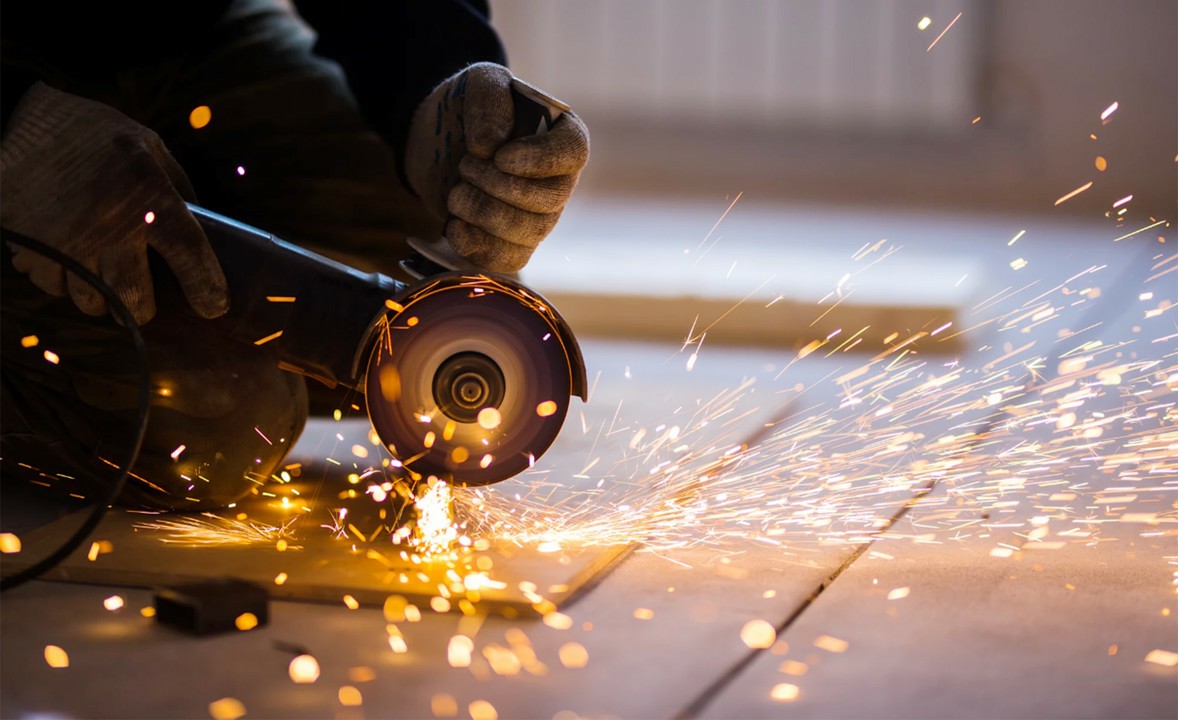


 349,500 Offered Certificates
349,500 Offered Certificates
 24/7 Online Training
24/7 Online Training
 Money Back Guarantee
Money Back Guarantee
 Fully Accredited Courses
Fully Accredited Courses

Created at: 22-02-2025 23:53
Abrasive wheels are essential tools in a variety of industries, from construction and manufacturing to automotive repair. Understanding the different types of abrasive wheels, their applications, and the associated risks is crucial for ensuring safety and compliance with regulations in Ireland. This guide will explore the various types of abrasive wheels, their specific uses in major cities like Dublin, Cork, Galway, and Limerick, and highlight the importance of proper training to prevent accidents.
Abrasive wheels can be categorized based on their shape, composition, and intended use. Here are the primary types:
Different industries leverage specific types of abrasive wheels for various applications:
While abrasive wheels are invaluable tools, they come with inherent risks:
To mitigate the risks associated with abrasive wheel use, comprehensive training is essential. Here's how training programs can enhance workplace safety:
In cities like Dublin, Cork, Galway, and Limerick, courses are available to provide certified training on abrasive wheel safety. Companies and individuals can enroll in the Abrasive Wheels Course to enhance their skills. Whether you are looking for an Abrasive Wheels Course in Dublin or an Abrasive Wheels Certification in Galway, proper training is key to compliance with Irish regulations.
Understanding the different types of abrasive wheels and their specific applications is crucial for all professionals in the industry. By recognizing the associated risks and emphasizing the need for proper training and certification, businesses across Ireland can create safer workplace environments. Don't wait for an accident to happen; invest in certified abrasive wheels training today!
For more information on abrasive wheels training, contact us at [email protected].